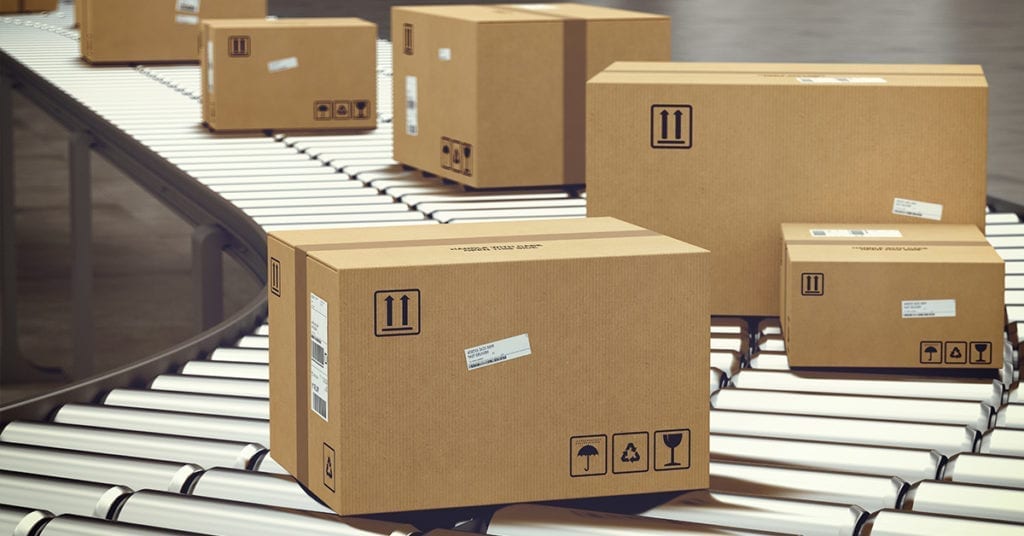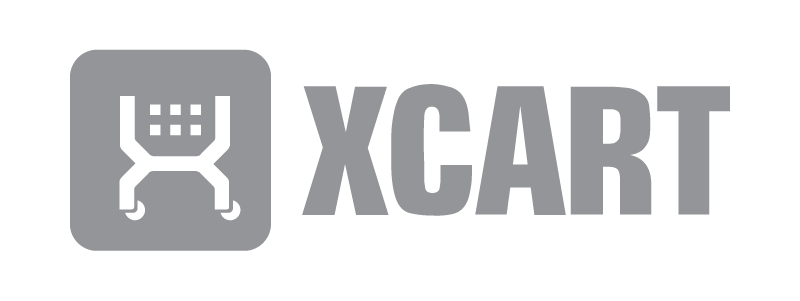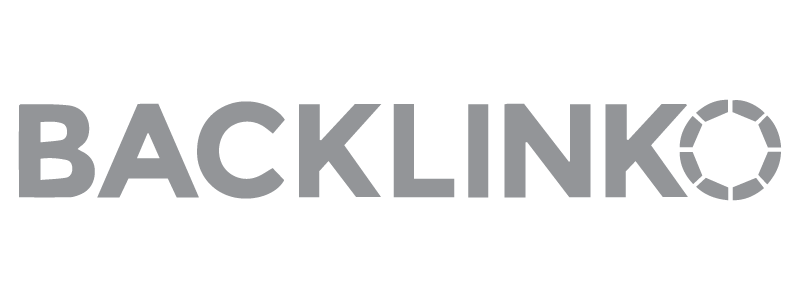If you’re new to the ecommerce world of selling, the term fulfillment center might sound familiar but you’re not a hundred percent sure how it fits into your ecommerce business.
You may also have heard the term warehousing thrown around and wondered if these two terms mean the same thing. They don’t.
What these terms do have in common is that they help ecommerce sellers complete their orders and get their products to the customers quickly and easily. When you hire a fulfillment company to provide shipping order services for your company, you better make sure this provider is an expert in the field. When you consider that 84% of consumers state they won’t return to a brand if they experience even one bad shipping experience, you can easily see the harm one less than satisfactory shipping experience can cause.
You’re going to want to learn more about these concepts because you’ll find they can help you fulfill your product orders efficiently and make your life a whole lot easier.
Before you decide if a fulfillment center or warehousing are helpful ecommerce tools to use, you need to learn more about them.

From how do fulfillment centers work to why warehousing is put to good use by online sellers, the following content will guide you along the way and make these concepts clearer.
What Is a Fulfillment Center?
So, what does fulfillment entail and what is a fulfillment center? Fulfillment is when a third party, or third-party logistics (3PL) provider, fulfills the customer order for an ecommerce retailer. This includes warehousing, shipping, inventory management, and more.
These steps are completed in a fulfillment center and this fulfillment service process is helpful for many reasons. It allows the ecommerce seller to hand off these duties to someone else and be able to focus on other business duties, such as product selection, marketing, and more.
How Fulfillment Centers Work
Fulfillment centers are well-oiled machines. They operate in an extremely functional and methodical manner, enabling the ecommerce retailer to rest easy knowing this part of the sales process is in capable hands. An example of an order fulfillment process is one such as Fulfillment by Amazon (FBA). But there are many other fulfillment centers besides FBA.

It’s important to note that fulfillment centers differ from drop shipping providers. Dropshipping companies are product manufacturers or distributors that send the products right to the customers while the centers are third party companies hired to fulfill the orders.
Here’s how fulfillment centers work:
Ecommerce Business Supplier Sends Products to Fulfillment Center
The ecommerce company hires an outsourced fulfillment provider to handle their fulfillment needs. Once this business relationship is established, the ecommerce business product supplier will send the products directly to the fulfillment center.
Fulfillment Center Is Stocked with Ecommerce Seller’s Items
The fulfillment center will store the inventory in their warehouse and have it ready to package up and ship orders out once processed. The fulfillment centers will also provide inventory management to keep the flow of inventory moving as smoothly as possible and alert the seller of excess inventory.
Online Customer Buys From Ecommerce Seller
The online customer will shop on the ecommerce seller’s website and select items they want to purchase. Customers will then place their order and pay for the products via the store’s website.
Order Goes to Fulfillment Center
Once the customer’s order is placed, the order information completed through the website is automatically sent over to the fulfillment center. This is done via an app or integration platform, so it’s completely automated. The order fulfillment process is ready to be put into motion by the fulfillment center.
Inventory Is Packaged and Shipped at the Fulfillment Center
The fulfillment center will then get to work on the fulfillment process, pulling inventory from the fulfillment warehouse, packaging up the inventory, and shipping the products out to the customer.
Customer Receives the Product
The last piece of the fulfillment center’s puzzle is complete when the customer receives their products directly from the fulfillment center.
Sometimes a fulfillment center will be tasked with additional duties, such as customer service and returns, while other times, it just handles the warehouse storage, packaging, and shipping duties. No matter what the tasks may involve, supply chain management is extremely important.
How Does Warehousing Work?
Now that you have an overview of fulfillment, you should know the difference between this concept and warehousing. Warehousing in the ecommerce context involves a facility that stores products in their warehouse for ecommerce companies that sell to consumers and other businesses.

The warehousing center will store products in the warehouse for long periods of time. Leasing warehouse space is usually more cost-effective for small and medium-sized businesses that need a place to store their products and don’t have their own warehouse.
What Is a Fulfillment Warehouse?
A fulfillment warehouse is where goods are stored until they are sold. This is done for several reasons, such as reducing inventory costs, increasing customer satisfaction, and ensuring that customers receive the right product at the right price. Fulfillment warehouses also help retailers reduce shipping costs and increase sales.
Length of Storage
A fulfillment center stores ecommerce products for the retailers in their warehouse and has them on hand for when an order is placed. The time the products are in the central warehouse storage is often much less than with warehousing. With fulfillment centers, the purpose is to turn over the products and get them shipped out to customers quickly, not leave them sitting in the warehouse for long periods of time.
With warehousing, the purpose is to store the products in the warehouse for the ecommerce retailer. This is often a longer period of warehouse time than fulfillment centers because warehouse storage is a primary purpose of this type of facility, not quick turnover and shipment.
Operation Methods
The fulfillment center and warehouse center operate differently. The fulfillment center has more steps to complete as it processes each order that comes through its facility. Since the warehouse facility is only responsible for storing the products and then shipping them to the ecommerce retailer or fulfillment center processing the retailer’s orders to increase their inventory, there are less steps that take place by the warehouse facility.
On the other hand, the fulfillment center handles most of the following duties:
- Receives inventory
- Generates pick lists and picks products from inventory storage once orders are received
- Assembles items and kits
- Packs boxes
- Labels shipments
- Ships orders
- Handles returns
Shipment Pickups
The fulfillment center will schedule frequent pickups as many orders are placed and fulfilled by the facility. The center will often use different shipping companies to complete the transactions. In the alternative, shipment pickups are not as frequent with warehouse providers as they are fulfillment centers, and the shipping costs may vary. In addition, the shipment pickups may be with one or a few different carriers as opposed to multiple shipping carriers often seen with fulfillment centers.
Benefits of Using a 3PL
There are many benefits to using a 3PL or fulfillment center. Whether you run a small ecommerce business or operate a larger online entity, taking advantage of all a 3PL has to offer will help your business to be an effective and lucrative one.
Here are some reasons to use a 3PL for your online business:
Eliminate Having to Store Inventory
A 3PL makes it possible to have your products safely stored in a 3PL warehouse, and you won’t have to worry about having simple warehouse space or using your garage to store physical product and packing boxes. The products will be within easy reach of the fulfillment center to pull for shipment from the warehouse whenever they need them. This speeds up the time it will take your products to reach your customers, which makes for happy, satisfied buyers.
No Packing and Shipping Hassles
Using fulfillment distribution centers takes away your packing and shipping cares and worries. Put the responsibility in someone else’s capable hands and rest easy knowing your products will be packed and shipped quickly and efficiently once pulled from the warehouse. Plus, you may not have to pay a la carte shipping costs as you would with other methods.
Spend Your Time Building Your Business
When you use a 3PL provider, you’re handing off a large number of your daily business duties to another company to fulfill for you. This gives you extra time to work on building your business and drawing in new customers while keeping current customers engaged and coming back for more.
When you delegate duties to a 3PL provider, you can focus on marketing duties, new product purchases, industry news, and customer service.
Tasks Are Handled By the Experts
When you have to complete order fulfillment tasks, you want them to be done correctly. By using a fulfillment center to handle the high volume order fulfillment, including packing, shipping, and warehouse storage, you are entrusting these tasks to experts in the field.
Automate Fulfillment and Shipping
In addition to packing and shipping your orders, a 3PL provider can receive customer orders through automated means and get started fulfilling and shipping your products to customers quickly. This automation aspect means you don’t even have to spend time manually notifying the fulfillment center when each order comes in. They’ll receive an automated notification and will get to work fulfilling customer orders for you. It’s quick, easy, and doesn’t have to take up your precious time.
Take Advantage of Additional Services
Some 3PLs offer kitting and bundling services, which are particularly useful if you run a subscription box business or want to easily offer multiple related products together in a bundle.
How Shipping Impacts Customer Service
Shipping is an extremely vital part of the online shopping experience when it comes to customer satisfaction and positive customer feedback. In fact, 80% of consumers say that what stands out the most in their overall online shopping experience is the shipping experience.
Is the delivery timely? Is the package damaged? Was the product shipped correctly? All of these questions point to the shipping experience and what customers consider when deciding whether the shipping experience was the best it could possibly be.
Since you’re handing this duty over to another company to fulfill, you want to make sure the shipping process the fulfillment companies put into motion is one of high quality. If your customers have a bad shipping experience, you can’t point the finger at the fulfillment companies. You’re responsible for all aspects of the customer experience from start to finish, no matter who completes each portion of the order fulfillment.
Choosing a 3PL Provider
If you choose to hire fulfillment companies and hand off these duties to another, you’ll want to choose a 3PL provider that is nothing short of exceptional. As you review your options, here are some factors to consider when choosing a 3PL provider:
Do Your Research
Before you sign the contract and hire a 3PL provider to handle your ecommerce needs, do your research. Don’t choose the first company you come across. You may want to explore options further, such as learning more about topics including what is Amazon fulfillment center and how does it operate.
3PL providers will vary in many ways, from the services they offer to the prices they charge. By doing your research, you can pick the fulfillment provider that’s right for you.
Consider Capabilities
When you consider the different 3PL providers, inquire about their product offerings and capabilities. Make sure that what the company offers will be able to handle all your warehousing and fulfillment needs. Also ask if they can handle customer service duties and deal directly with your customers.
Some other questions you should ask include:
- What is your shipping time? What are your shipping rates? Do you get deals with shipping carriers and pass the cost savings on to me?
- Do you offer affordable 2-day shipping?
- How many warehouses do you have? What is the size of your fulfillment center network?
- Where are your fulfillment centers located? Do you have fulfillment center staff on-site at all times?
- What is the amount of physical space available for my products? What if I need to send extra inventory?
- What time frame can I expect for my inbound inventory shipments to be processed in the center in preparation for customer orders to come in?
- Do you offer international shipments?
- How do you handle customer returns?
- What fulfillment fees do you charge? Are any of these fulfillment costs fixed? Are there any special fulfillment requirements I have to abide by as I prepare my inbound shipments?
- Do you offer wholesale fulfillment for B2B customers?
Be sure to consider all products offered by the fulfillment company. Even if you won’t use all of them now, your ecommerce business may expand its reach in the future, and other fulfillment center products may be useful.
Technology Is Key
Technology is everything these days. It offers efficiency, speed, and expanded reach. Ask the fulfillment company to describe its technology process and capabilities and make sure the company’s technology capabilities match up with your own. What kind of customer intelligence and inventory management data do they collect? Can they share this data with you to help you make better business decisions? How does their technology enable faster fulfillment?
For example, if you want the fulfillment to be carried out in an automated manner, you have to be sure you and the 3PL company you plan to use directly integrates with your ecommerce platform.
Consider Reputation
The reputation of the companies you’re considering is also essential. You want to work with a company that’s known for its reliability, cost-effectiveness, and highly applauded fulfillment services. You shouldn’t base your decision solely on reputation, but it’s a good factor to add to the checklist. Research reviews, read forums, ask questions in eCommerce Facebook groups, and more.
Keep Scalability and Flexibility in Mind
When you start working with a fulfillment company, your products and current orders may be different than how they are in the future. As the years in business progress, your product offerings may be more expansive than when you started. You might add different categories of products to the overall orders, too.
When you ask the fulfillment company what services they offer and how many orders they can handle every day, make sure they’re able to keep up with your orders going forward. Also, ensure that they are flexible with their service offerings if your business takes a turn one way or another down the road.
It’s also important to note if the fulfillment company requires any minimum monthly orders and what the minimum is. Some companies may not have minimum monthly order requirements, but they’re not able to handle higher order volumes once your company reaches that stage.
Cost Is a Factor
Cost is one piece of the puzzle but a very important piece. You don’t want to rely solely on how much the fulfillment services cost, but you do want to make sure you can afford them. If you find a 3PL company that offers everything you want and is available to work with you, see if they are willing to offer affordable service bundles or package deals in order to get the most for your money.
Decide if a Fulfillment Partner is Right for You
Now that we’ve answered the question of what is a fulfillment center and talked about warehouse providers, too, you can decide which option is best for your online business. Third-party fulfillment centers are the best choice for businesses that want flexible fulfillment, as they help you get more control over the entire fulfillment cost.
If you need a place to simply store your products and plan on handling the shipping aspect yourself, a warehouse setup might be best. On the other hand, if you are impressed with ecommerce fulfillment centers and want them to handle all aspects of order coverage, including inventory management, a 3PL company is ideal. You can place the multiple selling duties into their capable hands and sit back, relax, and watch your ecommerce company orders be handled for you. If you want to hire an ecommerce fulfillment center, check out this article.









